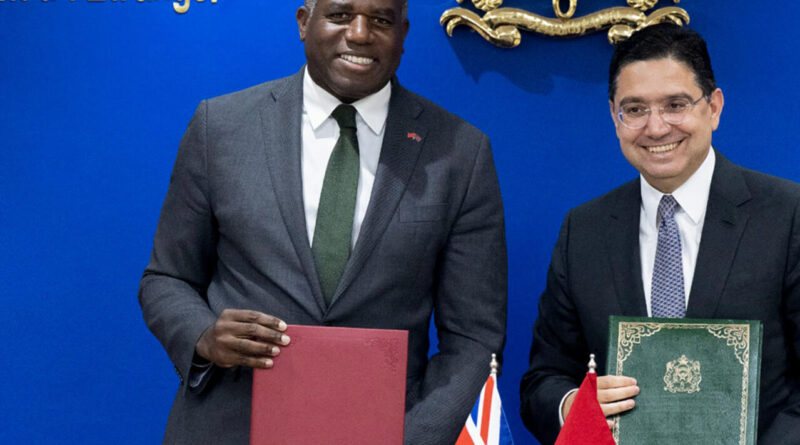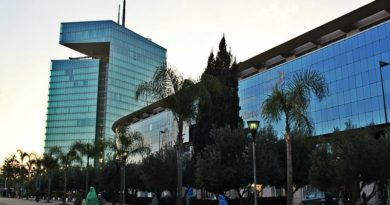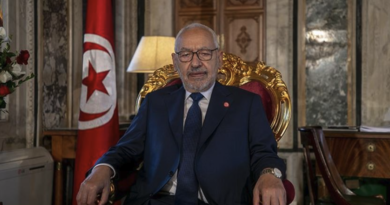UK supports Morocco’s autonomy plan over the Sahara
In a significant policy shift, the UK has officially backed Morocco’s proposal to grant autonomy to Western Sahara while maintaining Moroccan sovereignty. The move comes as part of a broader agreement that secures British businesses lucrative contracts in Morocco, particularly in infrastructure projects linked to the 2030 FIFA World Cup, which Morocco will co-host with Spain and Portugal.
For decades, the UK had maintained a neutral stance on the disputed territory, recognized by the UN as a “non-self-governing territory.” However, during a visit to Rabat, British Foreign Secretary David Lammy announced that Morocco’s 2007 autonomy plan is now seen as the “most credible, viable, and pragmatic basis” for resolving the decades-long conflict. UK is among many other countries that supported this plan, including the USA, France
Economic Incentives Behind the Policy Shift
The UK’s endorsement is not without strategic benefits. A procurement agreement signed between the two nations will grant British companies priority access to Moroccan public tenders, particularly in healthcare, port upgrades, and the expansion of Casablanca’s airport.
Morocco controls most of Western Sahara, a mineral-rich former Spanish colony, while the Algeria-backed Polisario Front governs a smaller portion and seeks full independence. The African Union recognizes Western Sahara’s sovereignty, but key Western nations, including the US, France, Germany, and now the UK, have aligned with Morocco’s position in recent years.
Algeria, a staunch supporter of the Polisario Front, expressed regret over the UK’s decision. Meanwhile, Moroccan Foreign Minister Nasser Bourita hailed the move as a historic milestone in the 800-year diplomatic relationship between the two nations, calling it a “genuine pivot toward a definitive resolution.”
A Frozen Conflict with No Clear End
The Western Sahara dispute remains one of Africa’s longest-standing conflicts. After years of armed struggle in the 1970s and 80s, a UN-brokered ceasefire was established in 1991, with peacekeepers still deployed in the region. However, a promised referendum on independence has never materialized.



